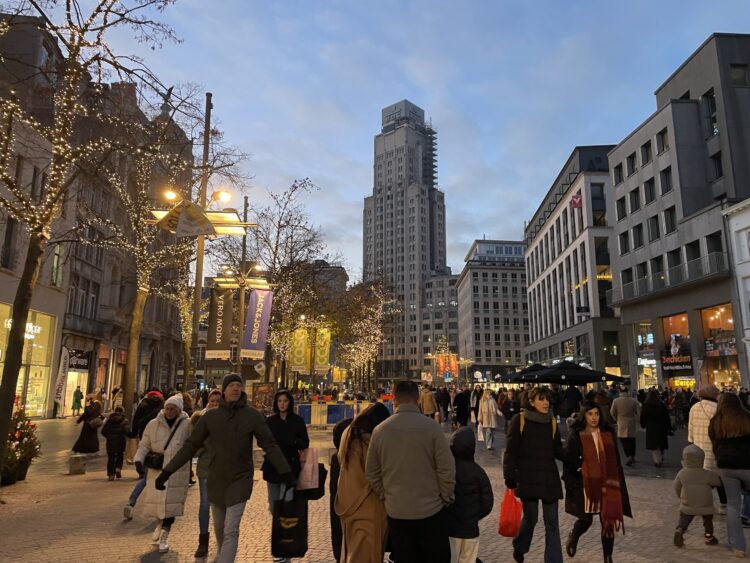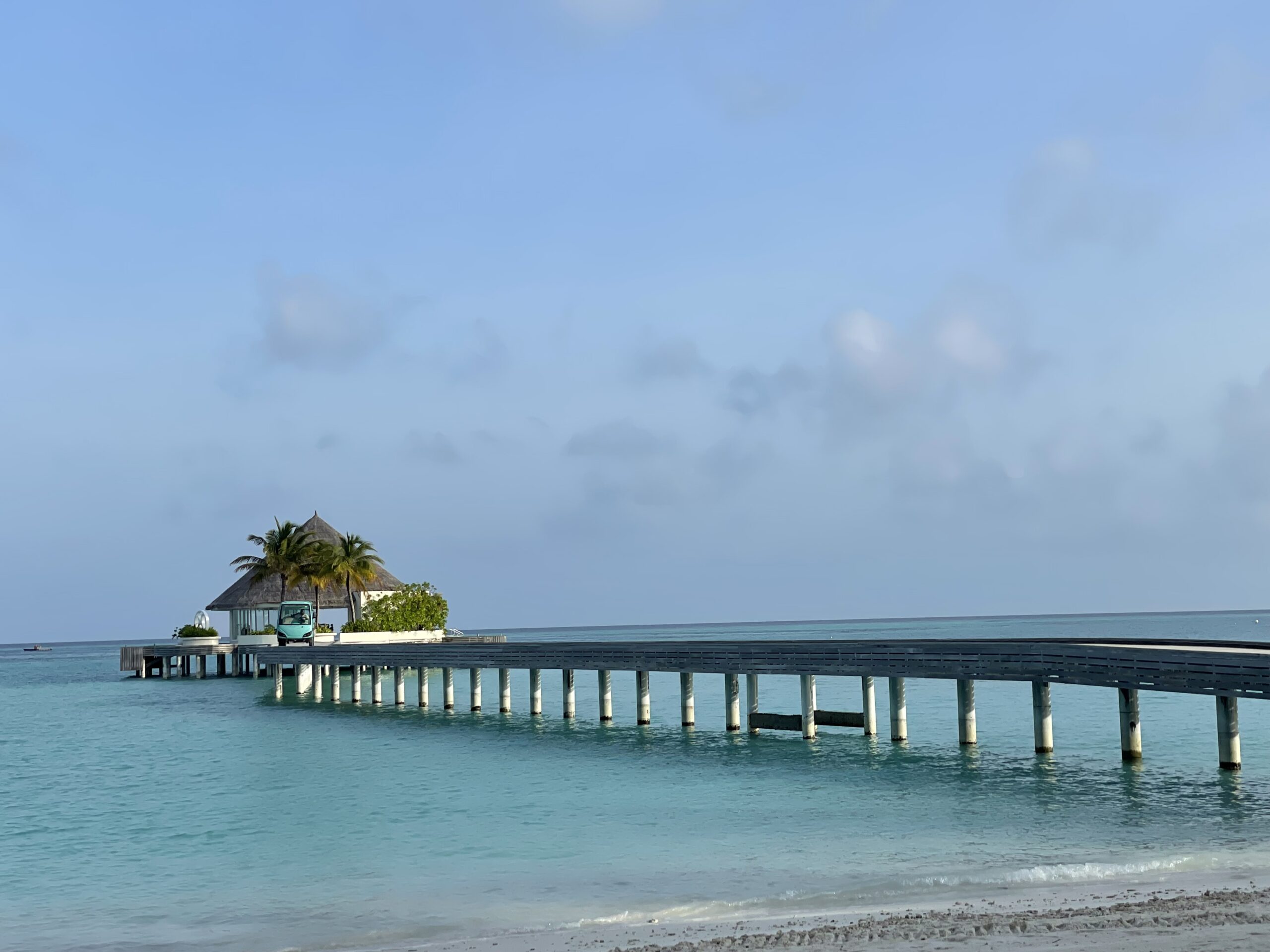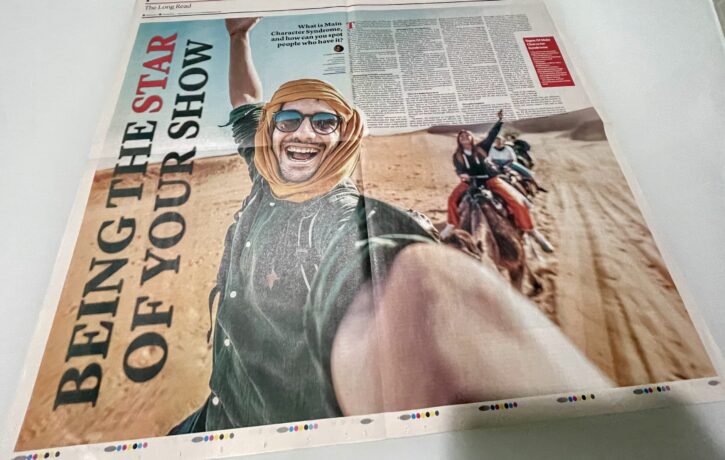Racism is real. It is as real as the colour of your passport, your skin, and your mother tongue, religion or race. And it is something every traveler has experienced. If someone told me they have never been, in the course of their travels, type-casted or subjected to degradation, however slight, would be lying.
Growing up, I believed the world to be a Benetton advertisement – people of different races and colour smiled for pictures. When I grew up and travelled I’ve had experiences that taught me otherwise. I’ve been at the receiving end of overwhelming kindness, but at the same time, I have experienced subtle to outright racist comments and behavior as well.
Because the reality is that travel racism exists. And that world is not a Benetton ad, as the world will have you believe.
One would think that travelers, having seen so many different cultures and experiences, wouldn’t not cling to the notions of superiority and thus be less of a racist, but sadly that is not the case. I have, I think been on both ends of the spectrum, so I have a fairly good idea what it is like to be thus subjected to racism.
Table of Contents
Dealing with travel racism
“Dealing with racism is exhausting and sometimes wasteful because haters will hate,” says Prasad NP, a travel blogger. “It is best to walk away. A typical example a traveler experiences is being served late, being type-casted or simply ignored. On a business trip to the US, every single time – I took more than ten internal flights – I was singled out for random sampling.”

My personal experiences have been far less cumbersome, but they have happened. I have been told: Oh, are you from India? But your English is so good! And you travel alone? Is that done? Sometimes I have resorted to sarcasm, but mostly I choose to “correct” their impressions or more recently, turn a deaf ear. You’d be surprised the number of times that has happened to me. But if I thought being a solo Indian woman traveler subjected me to these slightly racist remarks, meet Ellen Borenstien, currently studying Human Rights in California, who is “as White as they come.” This is what she said –
“Racism is a global issue. Blatant discriminatory actions are common. I am a Jewish-American and can hide my identity pretty easily. Once, in Vienna, my friend and I ran into a Neo-Nazi rally happening right there. I flipped the hood of my coat up, put my head down, and grasped my scarf, which was covering my Star of David. I know how these things go, and despite loving a good argument, I decided that that day was not going to be the day that I died.” “Another time, a few years later, I was in Berlin for a class. We were staying in the area that used to be the “Jewish Area,” and there was a beautiful synagogue. My friend (who is also Jewish), and I decided to use our free afternoon to visit it, but we got there past visiting hours. We knew that it was Sukkot, so we asked when services were. The guards told us that it was only for Jews. We told them that we were Jewish, and they responded with, “Well, you don’t look Jewish. I wanted to tell him that not all of us Jews have long hooked noses, beady eyes, and grubby hands. We come in all shapes, sizes, colors, and nose lengths.”
Is there a reason to racism?
Most of the everyday racism and stereotyping comes from ignorance and not contempt. The racists don’t know they’re being racists or perhaps they do – it is hard to say. Ignorance cannot be used as an excuse. Racism is never about the victim; it’s about the perpetrator.
In 2012, before I went to China, I ran into someone who, when I told about the upcoming tour stated – “Why would you want to go there? The people are disgusting and the food is horrible! They eat dogs and cats.” It is another thing that the said the person had never set foot in China but easily called 1.4 billion people disgusting.
People are prejudiced, sometimes unashamedly so and tend to justify their biases – Indians always bargain, Chinese eat disgusting food, Blacks are poor and starving, immigrants steal jobs, British tourists are drunken and loud, Russians are unruly…the list is endless. But psychologists say that people are biased or prejudiced because they dislike a break in patterns they are used to. A break in the pattern – be it in skin colour or food, cultural practices or any other established form of behavior, drives them to be racist.
Zulaika Birungi, Founder of Kampala Walking Tours explained how people in South East Asia viewed tourists from Africa.
“I was at the border in Cambodia coming from Thailand. I was on a bus and the only African. I don’t know if there any black Africans that cross that boarder by road. But when I got there, they looked at me like an alien. When it was time to process the visa, the rest of the group got theirs in minutes while for me, they had to make me wait. They tossed my passport around without showing any enthusiasm to help me. It made me so mad that I started to cry, this must have got their attention until one of the immigration officers came to ask me some questions. That’s when he agreed that they give me the visa. It took me almost two hours to get my visa while the rest of the group was already on the bus sitting waiting only for me. I will never forget that nasty experience.”
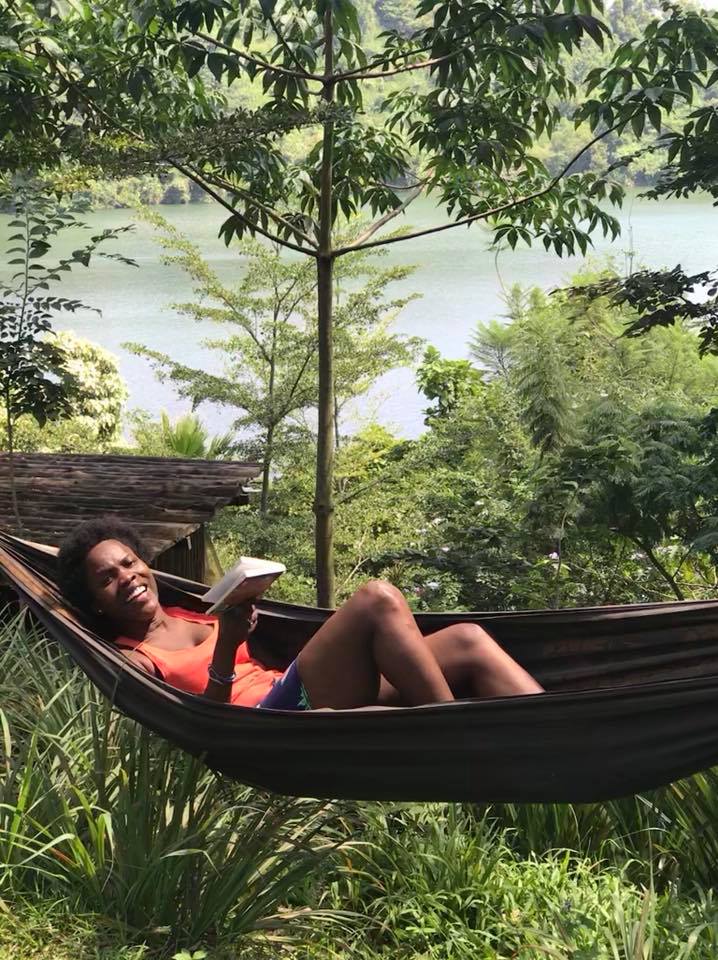
Learning from experiences
Banele Nyamane from Swaziland is one of the most travelled people I know of. I met him during my visit to North Korea but until I met him, I had never given Swaziland a thought for the country existed in my mind as “just as a poor African country that didn’t matter,” Banele changed that view – for which I am glad. When I spoke to him, he said not a lot of people even know Swaziland as a country and couldn’t digest the fact that people from “somewhere in Africa” had passports and travelled.
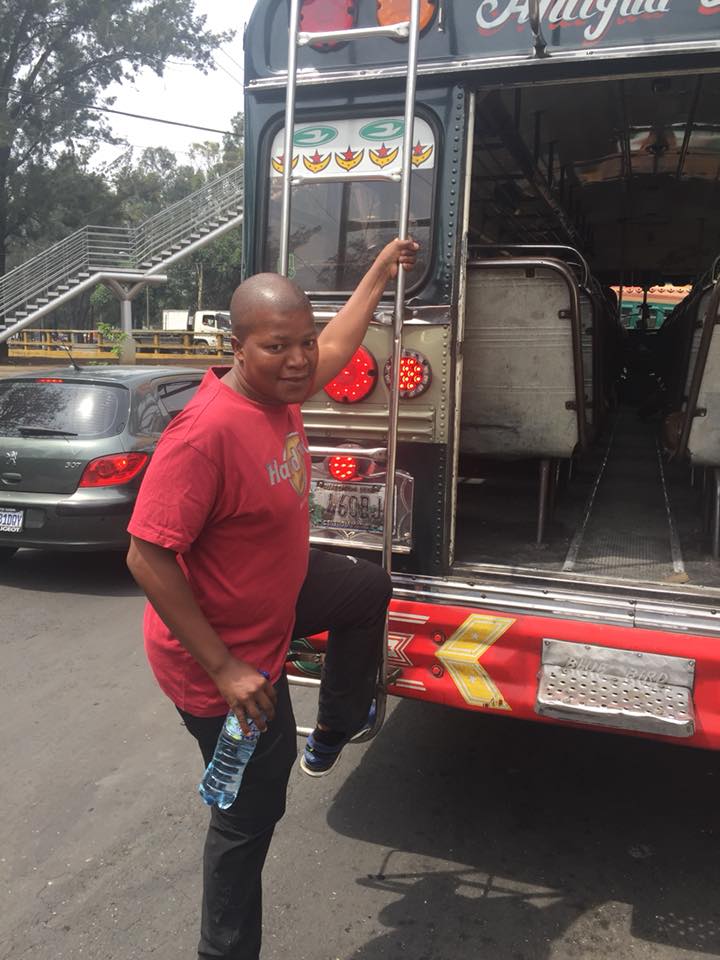
“I have been looked at like an exhibit. Swaziland, they say in shock – where is that? Is that a country? But the worst experience was I was in Managua recently and a Dutch tourist moved out of the dormitory when he saw that he will be sharing with a black. He looked positively scared to be in my presence.”
Whether fear is rational or not, I too get scared. However, this cannot lead me to generalizations. I have been molested in Tanzania but doesn’t mean I am justified in labeling every Tanzanian as rapist. Whatever my background or my past, I like to think that being a traveler, I’ll eventually get to see the other side which will allow me to walk in someone else’s shoes and help me look behind the curtain of fear and prejudice.
I am not perfect. I do constantly need to check my privilege not only when I am home but anywhere in the world. Often, I think, I fail. I do have prejudices, make comments that are not okay, say things that may offend. Just because I don’t put them in writing, doesn’t mean that I don’t have them, but as a traveler, I definitely want to become less racist – and thus a better traveler.
After all, people are people. Words matter.
Advice to travelers worried about racism
Racism is everywhere. If you are going to put yourself in a setting of “others” you will experience “othering” – this is what humans have done for our entire existence. But I think one important piece of advice is that you can’t confuse racism and ignorance. It is likely you will travel to places which are incredibly homogeneous so meeting or seeing a minority like yourself may be a first for them. Take this as an opportunity to teach someone about you and your culture. A smile and quick chat can go a long way in learning about our differences but even more so our similarities as humans. If you do find yourself in a situation where you feel that you’re being treated differently due to the color of your skin, I’d suggest politely walking away. Don’t allow racism or discrimination to “win” by provoking a negative reaction from you and possibly ruining your adventure. The world is full of amazing and accepting people and I have faith that if you get out there on the road you’ll find them!
In the words of Anuradha Goyal – People look at people different from them differently. Accept it and you have taken care of a lot of negativity in your travels. Even if people display some prejudices, go a level deeper and see where they came from, and you may see their point of view. My whole point is that you need not play the victim or feel victimized for someone else’s foolishness or prejudice or hatred. Make sure you do not do the same to others.”
Speaking to people about their experiences had me thinking about traveling and racism, the privilege and the prejudice of seeing the world, writing about it and sharing my thoughts. I decided to shed some light on this subject because I am hopeful that traveling and travel blogging will open us to the new and the unknown, and let us overcome fears and prejudices.
Mark Twain had said – “Travel is fatal to prejudice, bigotry, and narrow-mindedness” and I want to believe that it will one day come true.
WHAT OTHER TRAVELERS SAY…
Deepika Gumaste, Mumbai-based travel blogger: “I felt more welcome in Paris, but in Sri Lanka, I was on the first class cabin (and rightfully so), but the ticket conductor treated me as though I had no reason to be there.”
Anusuya Nayak: In a very British town called Morgans Bay in South Africa, when my husband and I went for walks, people called out- Look, the Curry People are here and kept away from us.”
Chandini N.B: Well I have experienced racism in my own country from my own people. Some cafes in Varkala (frequented by foreigners) served us much later than the foreigners who had come later. They were properly greeted and well served. We were treated like we were eating for free.”
